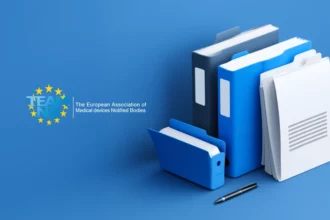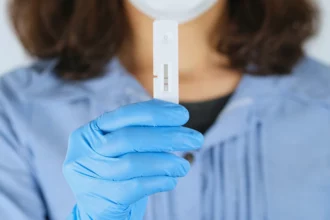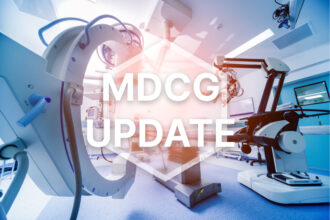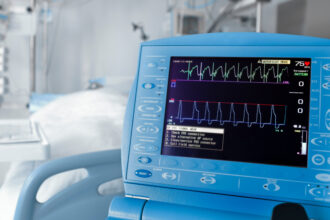
Team-NB Updates Best Practice Guidance on MDR Technical Documentation
The updated Team-NB guidance on technical documentation provides manufacturers with a comprehensive framework to build MDR-compliant technical files. While non-binding, the document is widely regarded as a reference standard by many notified bodies. Version 3 incorporates updates based on real-world assessments and lessons learned across the sector.







